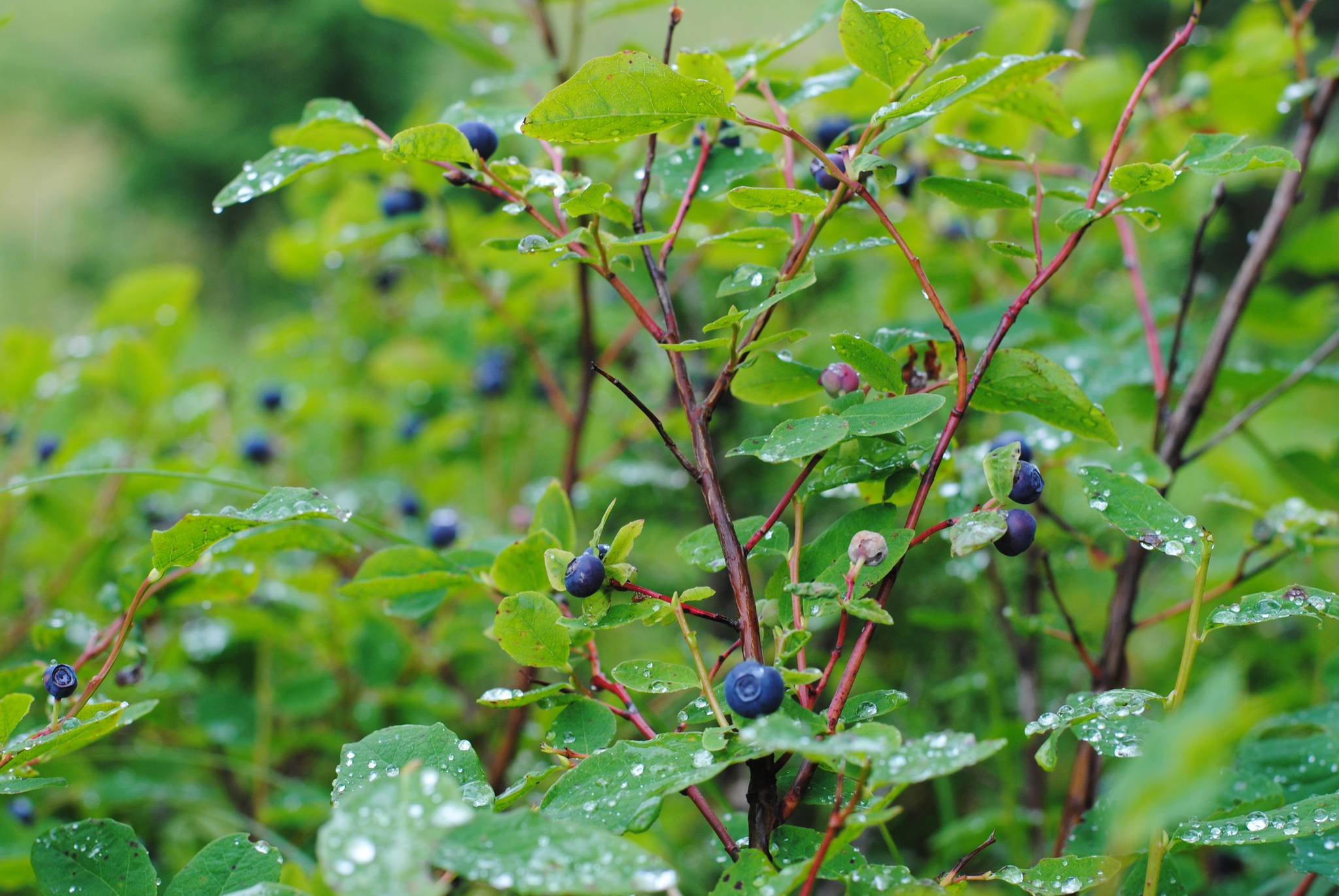Berry season is here, and so is an opportunity for local berry pickers to contribute information from their picking trips to the National Science Foundation’s new project, Winterberry.
The Winterberry project is described as a citizen science project investigating how the shifting of seasons may affect the availability of berries throughout Alaska. The program is looking for volunteers from across the state to monitor berries and collect data for analyzation
“Berries are an important resource for so many of us,” said Katie Spellman, principal investigator and a postdoctoral researcher at the University of Alaska Fairbanks International Arctic Research Center. “This work is an attempt to empower participation in scientific research and make it more accessible and useful to Alaska and Arctic communities.”
The project was initiatiated by the University of Alaska Fairbanks Bonanza Creek Long Term Ecological Research Program and is designed to investigate how shifting seasons may effect when berries are available to people and animals. The project hopes to answer the questions “Will a longer time between when berries ripen and when the snow falls means more will rot or get eaten? Will this leave less for the animals that depend on these berries in winter and spring?,” according to the project’s website.
The project will focus on four key berry species, the lowbush cranberry, crowberry, prickly rose and highbush cranberry, but volunteers may select other species important to them as well.
Through Winterberry, Spellman will work with communities and youth groups across the state to track berries as they ripen and disappear through the fall and winter. In addition to the scientific research, the project hopes to run after-school activities to prompt creative thinking about the science behind the research.
This two-tiered approach reflects the need for more stimulating and interdisciplinary thinking about science, Spellman said.
“Scientists have gotten too far from sharing stories that are meaningful to people,” Spellman said. “But it’s been coming back around as science communication has become more important. In the end, what makes science usable are the stories you can tell from the data and observations.”
The project is looking for volunteers starting this berry harvest season and volunteering is open to individuals, families, schools and youth clubs.
Volunteers must be trained in the Winterberry Protocol. There is an online training on Sunday, Aug. 27 from 2 p.m. to 4 p.m.
Interested youth groups can contact Spellman to schedule a live training.
For more information, potential berry researchers should visit https://sites.google.com/alaska.edu/winterberry.
“There is an underlying motivation here that people all over Alaska are noticing greater variability in berry harvests, and less reliability,” said Christa Mulder, a project collaborator and professor at UAF’s Institute of Arctic Biology. “Through this work, we can build and strengthen existing data sets by expanding out from Fairbanks to cover our large and very diverse state.”
Reach Kat Sorensen at kat.sorensen@peninsulaclarion.com

